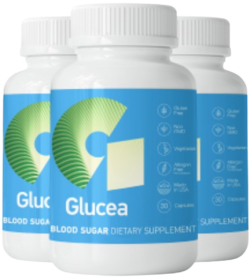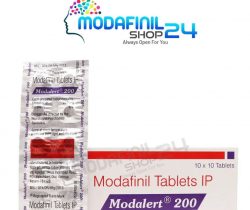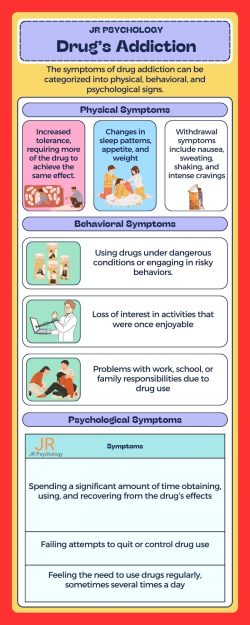White blood cells – An indicator of chronic disease?
We all know that white blood cells (WBCs) are the important disease fighting cells in our body. Therefore, healthcare practitioners mostly use an increased WBC count as an indicator of infection or sepsis. Also, a chronically elevated WBC count indicates a state of chronic inflammation in the body, along with other markers of inflammation.
Mostly viruses and bacteria cause acute illnesses; and the usual risk factors that we know now-high blood sugar, high cholesterol, physical inactivity, an unhealthy diet are usually held responsible for cardiovascular disease and cancer. But did you know that states of chronic inflammation can also possibly cause heart disease, cancer and possibly even early aging changes?
Several articles now show a link between elevated WBC count and high blood pressure or hypertension. One of the early works showing this association was by Anoop Shankar and team in a large population-based study in Wisconsin (Beaver Dam Eye study). This study in 2459 men and women showed increased levels of WBC count was associated with increased risk ration of new(incident) hypertension. In the recent years, similar findings have been shown in the Japanese population by Ishida et al., in the UK biobank cohort by Siedlinski et al and in the Iranian population by Mansoori et al.
Association between WBC count and several other chronic diseases including cancer mortality and heart disease mortality have been shown by Shankar and team in a different population group from Blue Mountains, Australia.
So should you worry if you had a recent high WBC count? Note that the studies mostly show an association, and does not definitively say that WBC counts cause the chronic disease. The possible connection between the two is a chronic inflammatory state. In addition to following a heart healthy diet and physical activity levels as recommended by the major organizations, practicing meditation can also help with controlling high BP which in turn can help with long term heart health.

























































